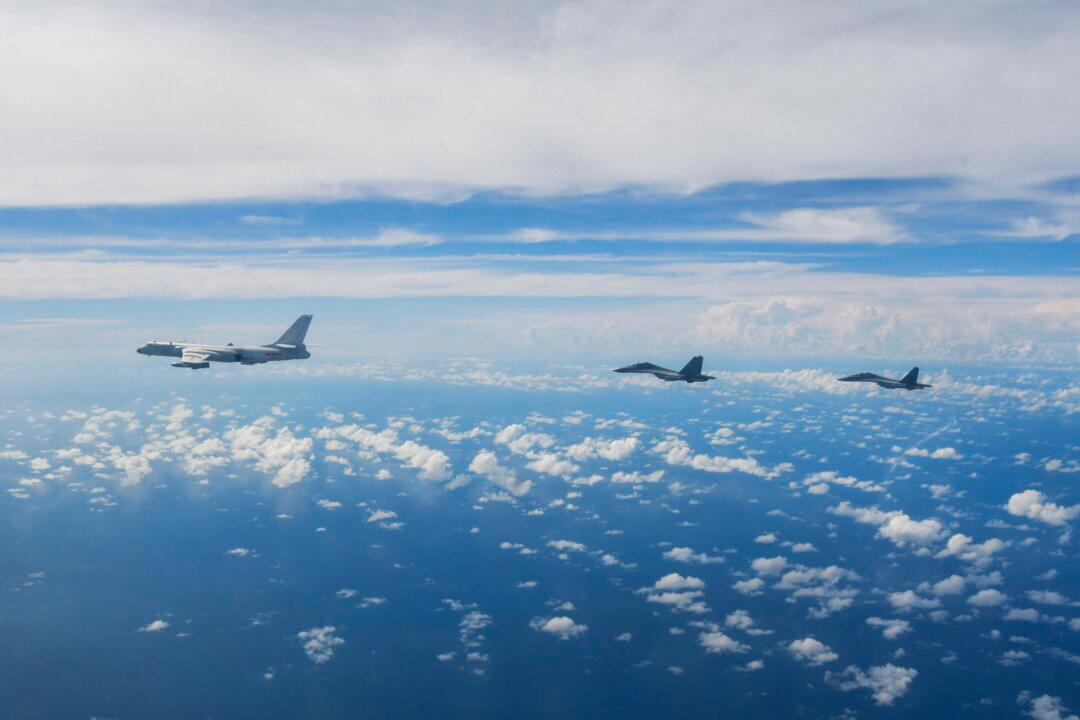China reportedly sent 42 warplanes and eight naval vessels toward Taiwan on April 8 in response to Taiwanese President Tsai Ing-wen’s meeting with U.S. House Speaker Kevin McCarthy (R-Calif.) on April 5 in California.
Taiwan’s military detected the Chinese aircraft and ships at about 11 a.m. (local time), with 29 aircraft spotted crossing the “northern, central, southern median line of the Taiwan Strait,” according to Taiwan’s Defense Ministry.





